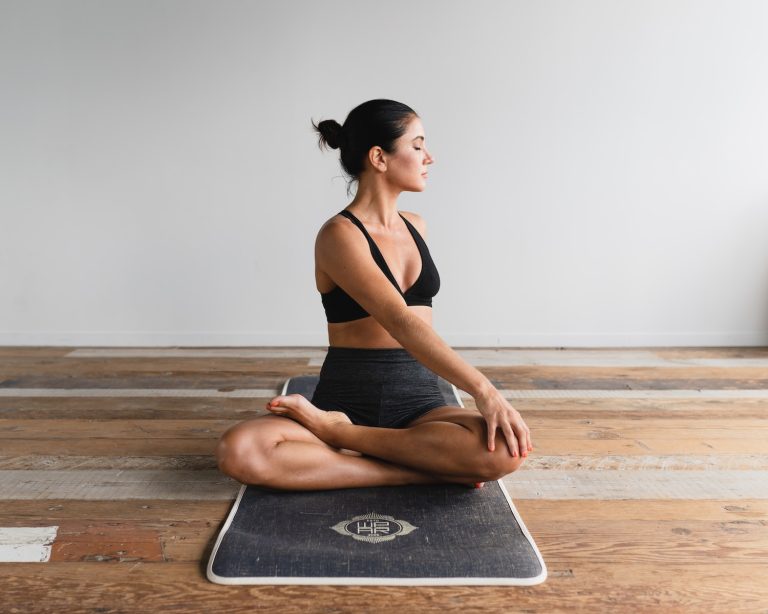51 incredible human body facts that you might not know before
We are presenting the following 51 most amazing facts about the human body. Please read these incredible body facts further.
- Babies can’t tear down until they’re at least one month old.
- Human ears never stop growing over an entire lifetime.
- Normally, Most people fall asleep in seven minutes.
- The smallest bone in the human body is in the inner ear.
- A man produces more than 500 billion sperm cells in his entire lifetime.
- The oldest woman to have given birth is 66 years old, which is extremely recorded.
- If the oxygen supply is cut off, a human brain can survive up to three to six minutes.
- Your small intestine is longer than you think and measures about 23 feet.
- The information usually travels to our brain at a speed of 268 miles per hour.
- The highest blood flow part of our body is our kidneys. This is because kidneys are the body’s natural filtration system.
- We’re Taller in the Morning, Due to gravity, over the daytime, our cartilage compresses to make us slightly shorter, and our organs tend to settle.
- In a lifetime, a human produces 25,000 quarts (23,658 litres) of saliva, which is enough to fill almost two swimming pools.
- The longest nerve of the human body runs from the spinal cord to the toes of the body. This is known as the sciatic nerve.
- Earwax is also a type of sweat.
- About 60% of our body is made up of water.
- There are over 100,000 miles ( 1,60,934 Kilometers) of blood vessels inside the human body.
- The human heart pumps about 2,500 gallons (9463 Liters) of blood every day.
- The human body has 2.5 million sweat pores.
- A woman’s heart beats slightly faster compared to a man’s beat.
- Our skin is home to more than 1,000 kinds of bacteria.
- Every Second, We Produce 25 million Cells in our body.
- Despite weighing 2% of our body mass, the brain uses 20% of our oxygen and blood supply.
- Your eyes blink over ten million times within a year.
- As per the investigation report, 12% of people dream in black and white.
- Your body sheds about 8 pounds (3.63 Kg) of dead skin a year as dust in your home.
- Within a lifetime, people spend an average of one year of their life just sitting on the toilet.
- The human heart can generate enough pressure to propel blood 30 feet.
- The adult human body contains approximately 206 bones.
- Skin is the body’s largest organ, weighing around 6 pounds (2.7 kilograms) and covering an area of about 20 square feet (1.9 square meters) on average.
- The human heart beats around 100,000 times per day, pumping approximately 2,000 gallons (7,571 litres) of blood.
- The human brain is composed of about 86 billion neurons, which communicate through electrical impulses and chemical signals.
- Humans shed and regrow outer skin cells about every 27 days.
- The human nose can distinguish over 1 trillion different scents.
- The strongest muscle in the human body, relative to its size, is the masseter, which controls the jaw.
- Human bones are ounce-for-ounce stronger than steel.
- The human eye can distinguish approximately 10 million different colours.
- The liver is the body’s largest internal organ, responsible for over 500 different functions, including detoxification, nutrient storage, and bile production.
- The human stomach can hold about 1.5 litres of food and liquid.
- The average human body contains enough iron to make a small nail.
- The cornea is the only part of the body with no blood supply – it receives oxygen directly from the air.
- The average human body temperature is around 98.6°F (37°C), but it can vary slightly from person to person and throughout the day.
- The human eye blinks about 15–20 times per minute, totalling around 1,200 times per hour.
- The human body is estimated to have 37.2 trillion cells.
- The human kidneys filter about 120-150 quarts (113-142 litres) of blood to produce about 1-2 quarts (0.94-1.89 litres) of urine per day.
- The human body has its own natural painkillers called endorphins, which are released in response to stress or pain.
- The human ear can detect sound vibrations as small as 0.00002 micrometres.
- The human body contains over 600 muscles, including skeletal, smooth, and cardiac muscles.
- The strongest bone in the human body is the femur, or thigh bone.
- The human body has its own internal clock, known as the circadian rhythm, which regulates sleep-wake cycles and other bodily functions.
- The human brain generates about 70,000 thoughts per day, on average.
- Human bones are constantly being remodelled, with old bone being replaced by new bone tissue in a process called bone turnover.
- WE ARE WORKING FOR MORE…😊







